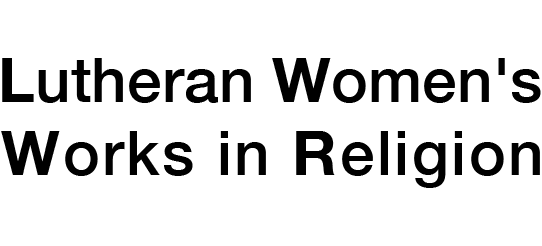Item Type: Journal Articles
Journal Articles filtered by category: Theology
Focuses on the biocentric scope of Christian theology. Emphasis on the metaphoric registration of Spirit as bird, earth, wind and water; the absence of pneumatology in the Western Christian theology; and consideration of Spirit as the confessional confidante for disagreeing with the nature of nature.
This essay proceeds by exploring the wisdom, even authority, of bodies that admit suffering, namely, the socially abjected bodies of the disabled. What seems to the cultural eye the physical obstinacy of disability suggests rather a religious, philosophical, and/or cultural rejection, namely, an undigested or inadmissable awareness that to live will involve us in physical and/or psychic suffering.
This review essay critically engages several recent publications under the broad rubric of ‗religion and disability studies‘ that attempt to speak religious critique with and through the subject position of people with disabilities.
Focuses on the consideration of technology as transcendence in the writings of feminist historian Donna Haraway and the influence of Christian millennialism in technoscience so as to challenge out the hidden ―transcendentalism‖ hiding within technobioscientific resolves.
The article focuses on critical theories and constructive postcolonial, postmodern Christianities. Where some apply deconstructive theory so as to simply purport a renewed Jesus agnosticism, Betcher suggests that Christology should be regarded as resurrection competency.
Betcher considers biblical and theological representations of the physics of Spirit, including miracles, if also the politics of compassion, as related to bodies exhibiting disabilities. The essay suggests another way of reading the miracle texts so as to disturb the optics of modern realism, especially their social effects.
From the location of disablement, the author wonders whether the term “body” can itself be a term of totalization. Flesh is suggestively tried on as a locus that might bridge the feminist and disability agendas.
In this article, the author argues that modernity developed theological notions of ontological defect into scientific and medical pathology such that ‘The Fall’- now borne in cultural norms as well as scientific paradigms- marginalizes differing somatic capaciousness.

